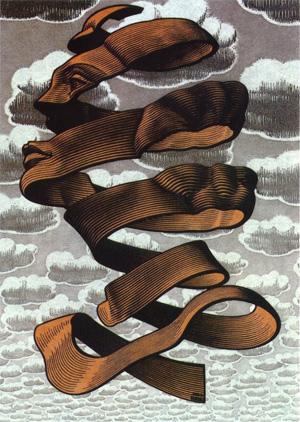
Philosophy has always been the heart of liberal education, deepening and enriching the lives of those who pursue it. The philosophy major provides students with the opportunity to confront a wide variety of questions, especially those that cannot be dealt with in the framework of other disciplines. Such questions include those about the ultimate nature of reality: Does God exist? Are minds distinct from bodies? Are there more things between heaven and earth than are dreamed of in science? Other questions probe what it is to know: Do we know that material bodies external to our minds exist? What does it mean to justify a belief? Still other questions are about how we ought to act: What is a good person? Are there moral rules? How are they justified? Must we obey them?
Philosophy also concerns itself with other disciplines: What makes something a work of art? What distinguishes a scientific theory from a religious theory or myth? Is capitalism amoral? Is legal authority moral or political?
The Department of Philosophy offers a wide range of courses exposing students to the full scope of philosophical activity. Grappling with major primary texts from the history of philosophy is an important emphasis of the program, for philosophy today is the continuation of a conversation that extends back to the Ancient Greeks and the Vedic Scriptures. Philosophy has also always wrestled with cutting-edge topics emerging in the current culture. Some recent examples are: What are the prospects for machines with mental lives? What are the implications of new views in cosmology? How do we handle the pressing ethical dilemmas brought on by emerging medical technologies, or by the historically unparalleled rate of destruction of the Earth’s environment? Are gender and race socially constructed concepts rather than biological concepts?